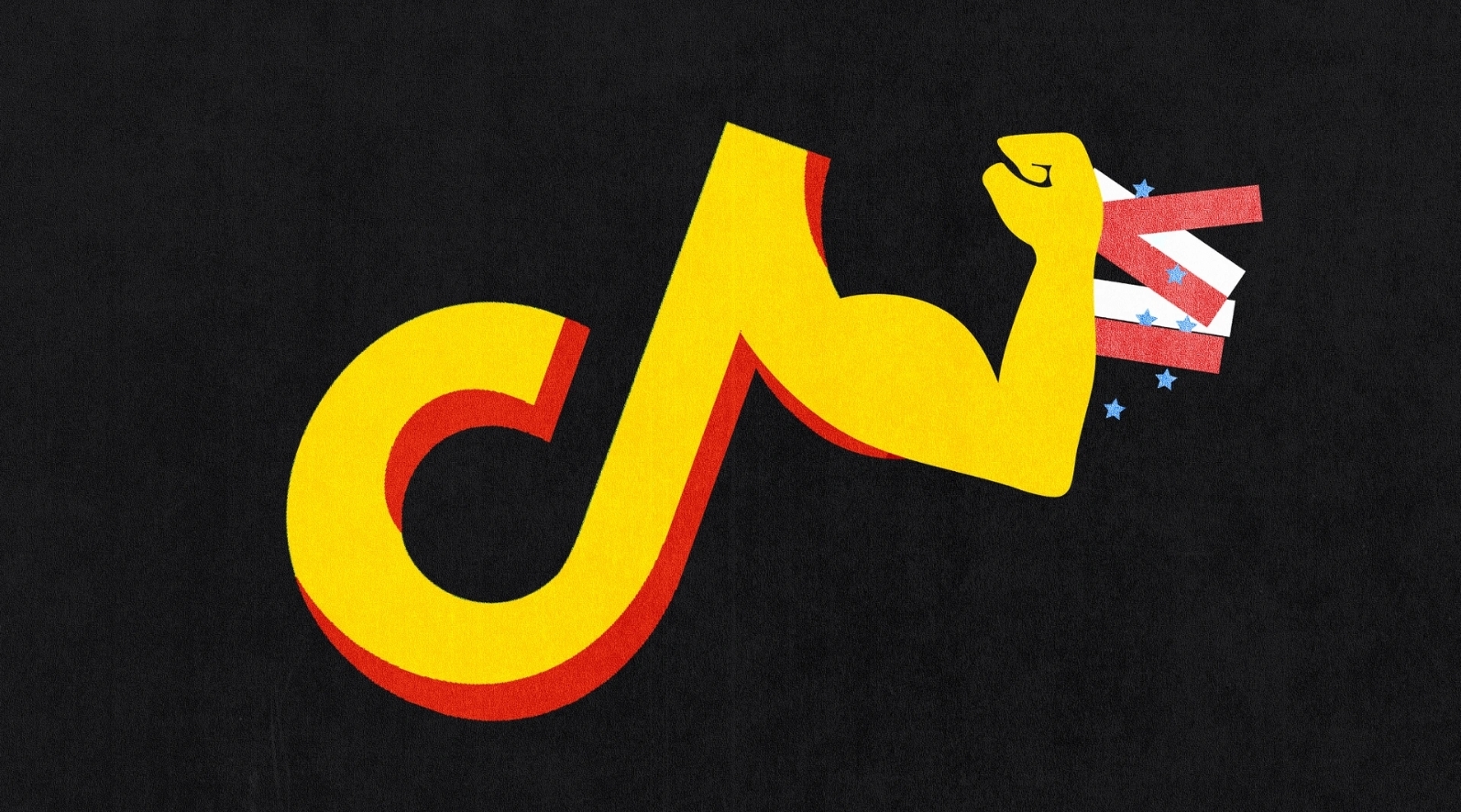Welcome to DU!
The truly grassroots left-of-center political community where regular people, not algorithms, drive the discussions and set the standards.
Join the community:
Create a free account
Support DU (and get rid of ads!):
Become a Star Member
Latest Breaking News
Editorials & Other Articles
General Discussion
The DU Lounge
All Forums
Issue Forums
Culture Forums
Alliance Forums
Region Forums
Support Forums
Help & Search
General Discussion
Related: Editorials & Other Articles, Issue Forums, Alliance Forums, Region ForumsWhy America Is Afraid of TikTok
The company’s founder says in an interview that he wants it to be “a window” on the world. A Republican senator says it is a “Trojan horse.”https://www.theatlantic.com/international/archive/2020/07/tiktok-ban-china-america/614725/

Zhang Yiming embodies what the United States wanted China to be. He is the founder and chief executive of a company, ByteDance, that owns a wildly popular social-media platform, TikTok. He is a serial entrepreneur, having built multiple apps and search engines. Zhang’s story is one not of a copycat or a cost-cutter—the tired stereotypes of the Chinese business owner—but of an innovator. For most of the past half century, one of Washington’s primary foreign-policy goals was to create more Zhangs. The United States believed that it could transform Communist China into a society more like its own—wealthy, free, inventive, and open, a place where a nobody like Zhang, with little more than smarts and the tools of capitalism, could build the businesses and think of the ideas that would change the world.
To a degree, Zhang is proof that the U.S. succeeded. TikTok may be Chinese, but it has been embraced by Americans as their own. While Facebook is for sharing baby pictures, Twitter is for political ranting, and Instagram is for showing off how popular you are, TikTok has a certain silly simplicity—a forum where you can dance in your living room, lip-synch bad jokes, capture animal antics, and share other slivers of your personal life. The United States has long prided itself on being open to anyone and anything, from anywhere, which improves our lives and livelihoods. In the American telling, the entrepreneurial, their grit and genius, have always been welcome, even cherished, no matter where they were born. You’d think, then, that Zhang would be feted from Washington to Wall Street as an avatar of the best of China and America, and of what their partnership can accomplish. With a presidential election approaching, both Donald Trump and Joe Biden should be tapping TikTok to woo young voters. New York bankers should be competing to list ByteDance’s shares on U.S. stock exchanges.
A few years ago, all that might have happened. But not now. Most Americans, inside and outside the Beltway, no longer perceive China as a potential partner, but as a strategic enemy. Trump rails against Beijing on Twitter and at news conferences. The old policy of patient engagement is derided as a naive liberal fantasy that did nothing more than hand wealth and power to an authoritarian adversary. Seen through this prism, Zhang and TikTok embody not what’s gone right with China, but what’s gone wrong. TikTok—an app largely devoted to viral dance crazes and teenagers pranking their cats—is part of the China threat: the sharp high-tech edge of the Communist regime, penetrating deep into American society, stealing its secrets, monitoring its citizens, and aiding Beijing’s nefarious aims.
And so, egged on by a growing consensus against Beijing in Washington, as well as by hawks in the Republican Party, the Treasury Department is poised this week to recommend action to be taken against the app, Treasury Secretary Steven Mnuchin has said. Americans on TikTok “need to worry about it, because it is a surveillance apparatus for Beijing,” Senator Josh Hawley, a Missouri Republican, told me. “It is a Trojan horse on people’s phones.” At first glance, such alarm might sound like paranoia. How can videos of kids dancing to hip-hop music possibly be a dire threat to anything? But in Washington, the perceived national-security risks of TikTok are very real, and in recent weeks, attitudes toward the company have hardened. TikTok has become a symbol of the new challenge a rising, tech-enabled China presents not simply to a free society, but to American dominance in the technology sector. The internet today is largely run—for better or worse—by American corporations such as Alphabet, Amazon, and Facebook, and TikTok is the first Chinese company to truly break through to the American, and global, consciousness, something its compatriots, including Alibaba, Baidu, and Tencent, have yet to do.
snip
1 replies
 = new reply since forum marked as read
Highlight:
NoneDon't highlight anything
5 newestHighlight 5 most recent replies
= new reply since forum marked as read
Highlight:
NoneDon't highlight anything
5 newestHighlight 5 most recent replies
Why America Is Afraid of TikTok (Original Post)
Celerity
Aug 2020
OP
Autumn
(48,869 posts)1. My niece says our government doesn't like TicTok because young people prefer it over FB.
